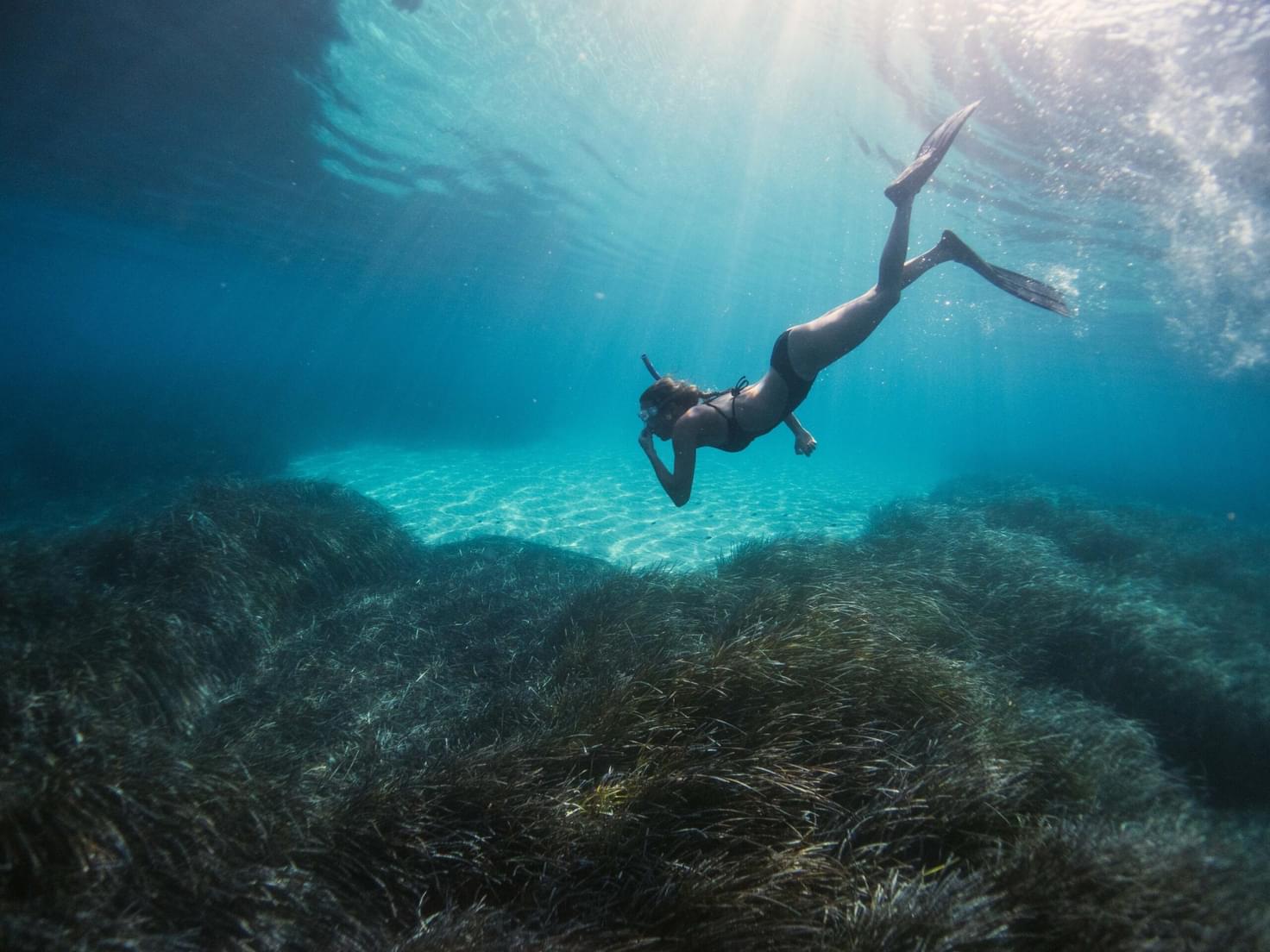
Words by Abi Scaife
The Marine Conservation Society has come up with a bunch of great things you can do to save our oceans in 2023 - and they don’t cost a thing.
Can you make a resolution for the planet this year? See their resolutions below...
Tackle chemical pollution
Chemicals play a big part in all our lives, but harmful chemicals are not just found in things like cleaning products and paint, some of them are found in everyday items like non-stick pans and waterproof coats.
These chemicals are known as ‘forever chemicals’ and they’re making their way into the ocean, causing havoc with marine life. The Marine Conservation Society is demanding the UK Government protects our blue planet from chemical pollution, including a ban of all 'forever chemicals' from all non-essential uses.
Help to Stop Ocean Poison by signing the petition and sign up to the charity’s free newsletter to find out about ocean actions you can take throughout the year and hear about latest campaign updates.
Become a citizen scientist
Getting involved in projects which provide data and insight to scientists is a fantastic way to proactively help protect the ocean and planet. Anyone can become a citizen scientist, and the Marine Conservation Society has various projects to get involved with, and you don’t necessarily need to be by the sea:
Seaweed tells scientists a lot about the state of the sea. By learning what species of seaweed can be found around the UK coast, scientists can better understand things like ocean warming and acidification. Simply download the survey form, head to the coast and identify what seaweed you see.
Wildlife sightings
Wildlife is regularly spotted around the UK, and identifying what animals are coming to our shores really helps scientists understand the impacts of climate change on wildlife. If you see jellyfish or turtles when at the coast, let the Marine Conservation Society know via this sightings page.
Dive (or snorkel) in
The Marine Conservation Society’s Seasearch programme works with volunteer divers and snorkelers in UK and Irish seas and offers an exciting way to learn about marine life whilst collecting information to help track the health of the ocean.
Explore the Marine Conservation Society’s Our Blue Heart project, and find ways to get involved at the coast on the charity’s website.
Sustainable food doesn’t have to be expensive
Use the Good Fish Guide Seafood Checker for an easy way to find the most sustainable seafood options. Choose seafood rated green on the Guide to minimise your impact on the marine environment.
Visit the Marine Conservation Society website to learn more about what you can do this year to help save our oceans, without breaking the bank.
This article aligns with the UN SDGs Climate Action and Life Below Water.